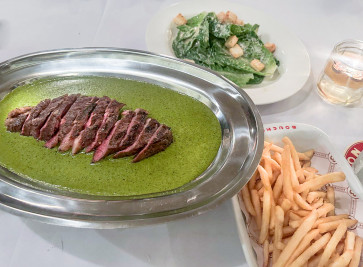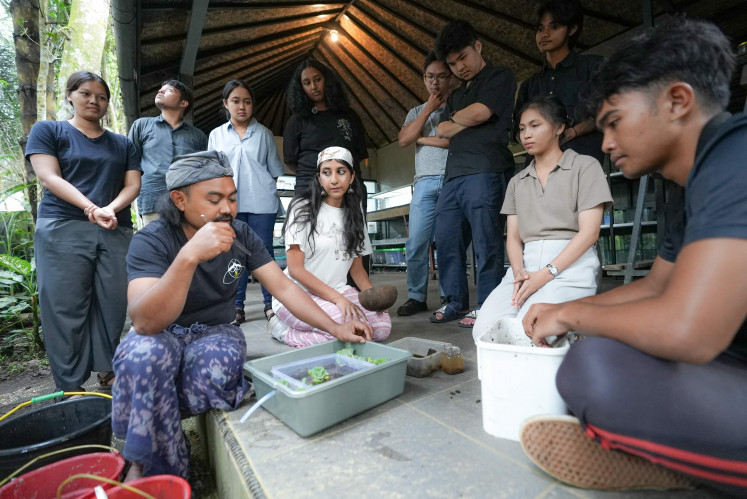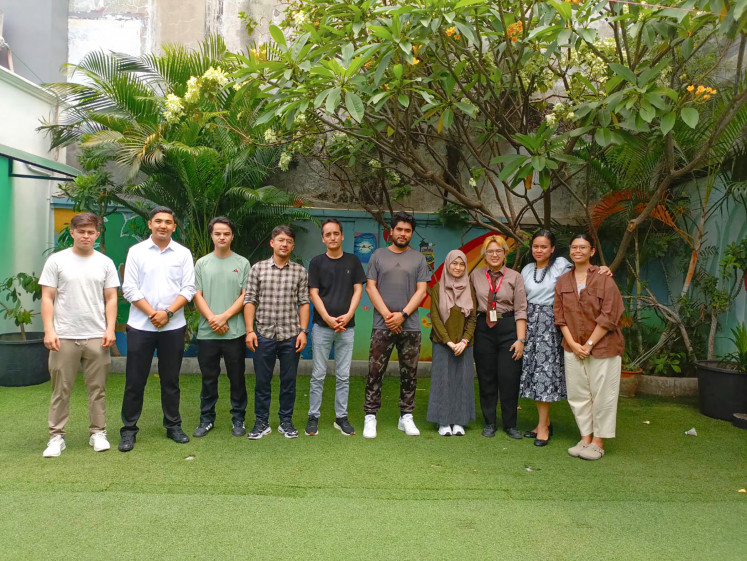For almost three years, the world stood still. The roar of airplane engines and the excited chatter of travelers exploring new destinations faded into a distant memory. The pandemic had brought the world to a halt, and with it, the travel industry.
Now, finally, the global travel industry has emerged from its long hibernation. Tourism is regaining its momentum. Despite the gravest of challenges, the sector has shown remarkable resilience.
But as we step into this new era of travel, we are greeted by a landscape transformed. The pandemic has not only impacted the frequency and volume of travel, but also instigated a paradigm shift in how we travel. The days of whirlwind tours and checklist itineraries are giving way to a more mindful approach to exploring the world.
From slow travel and experience-based tourism to eco-friendly options and remote working vacations, the post-pandemic traveler is seeking more than just a change of scenery. They are looking for meaningful experiences, personal growth and a deeper connection with the places they visit.
Slow and immersive
Kevin Hartanto, founder and travel curator of Jakarta-based travel agency TRUVI, predicts a shift from the "revenge travel" of the past year to longer holidays. Slow travel is gaining popularity, he says, as travelers seek to fully immerse themselves in the culture, history and local flavors of their destinations.

Thank you!
For signing up to our newsletter.
Please check your email for your newsletter subscription.
It is not just about checking off landmarks from a list, but about experiencing a destination deeply and making a lasting impact on both travelers and the places they visit.
He also notes a preference for private trips over group tours with strangers. "They aren't keen on mixing with strangers. I believe this trend will continue into the future," he predicts.
Another trend gaining momentum is the rise of experience-based tourism. As MeTimeAway suggests, curated travel experiences will take us to new and exciting destinations filled with unique adventures, such as learning traditional batik painting in Yogyakarta or participating in a Balinese purification ceremony at Tirta Empul temple.
The goal is to create unforgettable memories that extend beyond just Instagram-worthy images.
Read also: Where to get the most authentic Chinese dishes in JakartaPreference for the sustainable
Travelers are also showing a growing awareness of their environmental footprint.
According to the World Travel and Tourism Council and the Trip.com Group, an impressive 69 percent of travelers prioritized sustainable travel options in 2023. This trend shows no signs of slowing down, with GroupTravelOdyssey saying sustainability is one of the top three trends for 2024.
While there are high-end hotel brands in Indonesia that embrace sustainable hospitality and responsible tourism, Hartanto acknowledges that sustainability will take time to fully penetrate the Indonesian market.
"Sustainable travel is gaining global momentum, but we still have a long way to go. There is limited understanding and education about sustainable travel in Indonesia. Educating agents and the general population will require time, considering the country's large population,” he said.
Sustainability, he explained, encompasses various aspects, including social, environmental and financial considerations, all of which need to be addressed.
Wellness on the rebound
Wellness has evolved from being an additional choice to a primary factor in decision-making for travelers, Liz Ortiguera, the managing director for Asia Pacific at the World Travel & Tourism Council, said during the TravMedia Summit 2023 in Singapore.
Travelers now place a high value on holistic well-being during trips, she said, and properties are responding by wholeheartedly embracing wellness. They offer not only traditional spa services but also transformative experiences, including guided yoga or meditation sessions, and sophisticated fitness equipment or even outdoor workout spaces.
"Wellness tourism is enjoying a massive rebound," agrees Mirah Marhaendra, Raffles Jakarta's director of marketing communications. She added that according to the Global Wellness Institute, wellness tourism is projected to grow by 20.9 percent annually from 2020 to 2025.
“This is especially promising for a hospitality industry that is increasingly focused on wellness.”
The rise of ‘bleisure’
The pandemic has blurred the lines between work and leisure, giving birth to the concept of “bleisure”, combining business and leisure travel.
According to Future Market Insights, “bleisure” tourism — where business travelers extend their stay for leisure purposes — now accounts for almost 33 percent of the global business travel market.
With the ability to work from anywhere, digital nomads are on the rise, opting for long-term stays in vacation rentals. Slow tourism complements this lifestyle, allowing travelers to explore new destinations at a leisurely pace while staying productive.
It is not surprising that travel experts predict a surge in “bleisure” trips in 2024.
Read also: ‘It becomes a part of life’: a dance with Siti Alisa and Josh Marcy
Conscious approach
As the way we travel evolves, Marhaendra says it is important to be conscious of the impacts of these changes.
Adventure and hyper-local tourism can disrupt habitats, deplete resources and contribute to pollution, erosion and climate change. This is especially true for unprepared destinations.
The influx of visitors can also erode cultural identity and traditions, requiring a balance between tourism development and cultural preservation.
She also draws attention to the economic dependence that arises when regions become popular tourist destinations. “While tourism brings economic opportunities, it can also lead to issues such as inflation, revenue leakage and income inequality.”
“It’s important for destinations and businesses to embrace the opportunities of this changing global landscape while also addressing its potential downsides,” Marhaendra said. “This includes implementing sustainable tourism practices, involving local communities in tourism planning and development, diversifying the economy and developing long-term planning strategies.”
As the future of tourism is shaped by a shift toward slower, longer trips, a shared commitment to sustainability will redefine the essence of travel.
It is no longer about mass tourism, but mindful tourism; not about mere sightseeing, but meaningful experiences. As we navigate this evolving travel landscape, our focus expands beyond the destinations themselves, embracing the captivating narratives that unfold during these unique adventures.
This article is part of The Weekender, which comes out on the Saturday edition of The Jakarta Post. It offers a variety of lifestyle and culture articles aimed at enriching your reading experience. Subscribe
here to get access to the Saturday edition and all other premium content from The Jakarta Post.






















